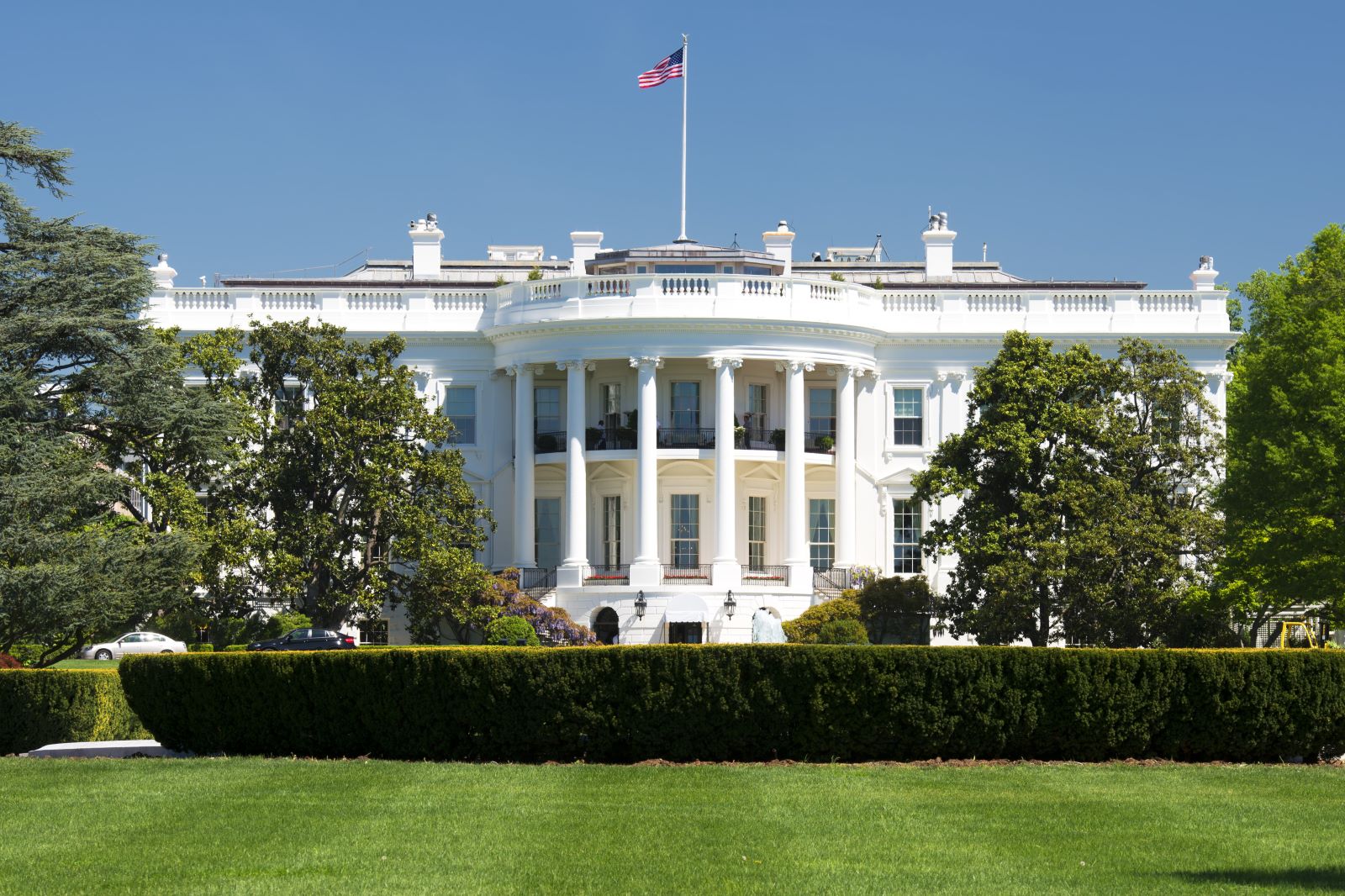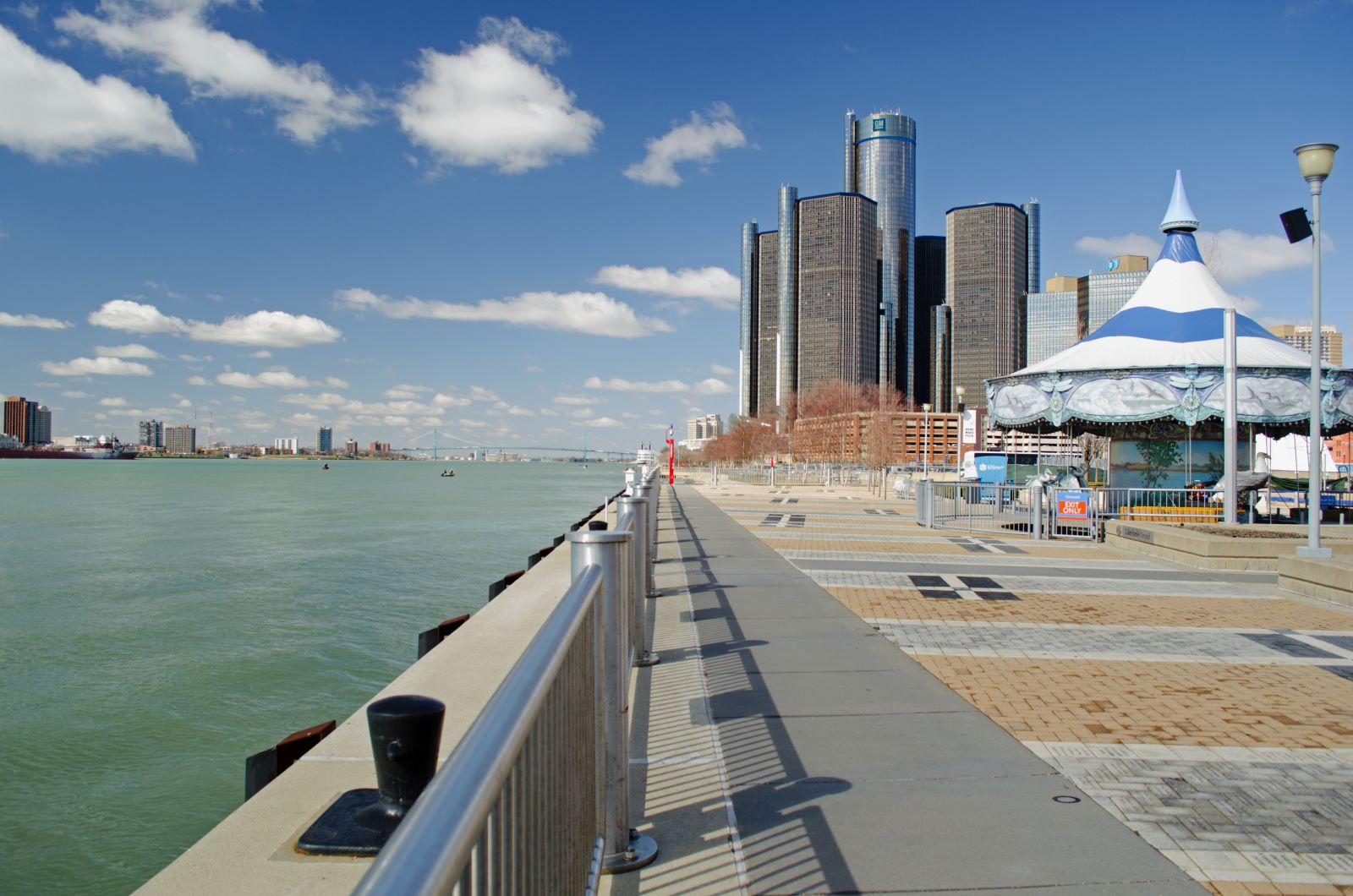As Michigan moves forward with its plan to increase the minimum wage to $15 an hour by 2025, the state’s restaurant industry is bracing for impact. While the intention behind the wage hike is to improve living standards, the ripple effects on small businesses and the economy could be significant.
A Significant Shift

Michigan’s current minimum wage stands at $10.10 per hour, but with the planned increase, businesses will need to prepare for a 50% rise in labor costs. For the restaurant industry, where profit margins are notoriously thin, this shift could be a game-changer.
The Numbers Behind the Concern

Labor costs typically account for about 30% of a restaurant’s expenses. The expected increase has raised alarms among business owners who fear that they may have to make difficult decisions to stay afloat. The Michigan Restaurant and Lodging Association has highlighted concerns that this increase could lead to layoffs, menu price hikes, or even restaurant closures.
Diverse Opinions

Industry leaders are expressing varied perspectives on the potential outcomes. Justin Winslow, CEO of the Michigan Restaurant and Lodging Association, cautioned that many small and family-owned restaurants could be particularly vulnerable. Meanwhile, State Representative Yousef Rabhi maintains that higher wages are crucial for economic fairness and will ultimately benefit workers and businesses alike.
Impact on Menu Prices

With labor costs on the rise, nearly half of Michigan’s restaurant operators are considering increasing their menu prices. While this could help offset costs, it might also lead to a decline in customer turnout, as dining out becomes more expensive.
Human Element at Stake

Raising wages could also bring positive changes, such as reduced staff turnover and better employee morale. Improved wages could lead to a more committed workforce, enhancing the overall customer experience.
Challenges for Small Businesses

Small restaurants, especially those in rural areas, might face the greatest challenges. Operating with limited resources, these businesses could struggle to absorb the increased costs, potentially leading to closures and job losses.
Environmental Implications

Beyond the economic effects, there are environmental considerations as well. If smaller restaurants close, food waste could increase, and local supply chains might be disrupted, impacting the broader ecosystem.
Public Perception

A recent survey reveals that while many Michiganders support the wage increase in principle, there is concern about its effect on local businesses. Whether the public is willing to pay more for their meals will play a significant role in the policy’s success.
Political Stakes

Michigan’s wage hike is not just a state issue; it has captured the attention of lawmakers across the country. Governor Gretchen Whitmer supports the increase, citing its potential to reduce income inequality. However, opponents argue that the focus should be on broader economic reforms rather than a blanket wage hike.
A Model for the Nation?

Other states are watching Michigan closely. If the restaurant industry can weather the wage hike successfully, it might serve as a blueprint for similar policies nationwide. However, if the outcome is negative, it could discourage other states from pursuing similar measures.
Technological Solutions

Some restaurants are exploring technology, such as automation, to reduce labor costs. Self-service kiosks and automated kitchens might become more common as businesses look for ways to maintain profitability amid rising wages.
Federal Support Could Be Key

The success of Michigan’s wage hike might hinge on federal support. Increased funding for small businesses or expanded tax credits could help ease the transition, ensuring that the restaurant industry can adapt without significant disruptions.
The Road Ahead

The next few years will be critical for Michigan’s restaurant industry. Whether businesses can adapt and thrive under the new wage requirements remains to be seen. The balance between fair wages and economic sustainability will be a delicate one.
Final Thoughts

Michigan’s wage hike represents a bold step toward economic equity, but it also presents significant challenges for the restaurant industry. Will higher wages lead to a more just economy, or will they force small businesses to the brink? The outcome will be a telling indicator for other states considering similar policies.
Millennials Are Over It: 25 Reasons Woke Culture Is Losing Its Charm

Has the push for progress tipped too far into preachiness? Here’s why many Millennials might think so. Millennials Are Over It: 25 Reasons Woke Culture Is Losing Its Charm
Is It Time Boomers Paid the Price for America’s Economic Inequality?

The American Dream feels more elusive than ever, especially for younger generations. What was once achievable through hard work now faces significant hurdles, from skyrocketing college costs to the challenging pursuit of homeownership. Here’s a look at why it’s tougher for Millennials and Gen Z compared to Baby Boomers. Is It Time Boomers Paid the Price for America’s Economic Inequality?
Rent Crash in California: Landlords Scramble as Prices Take a Hit

California’s rental market is taking a nosedive, with major cities seeing huge drops in rent prices. Rent Crash in California: Landlords Scramble as Prices Take a Hit
Featured Image Credit: Shutterstock / PeopleImages.com – Yuri A.
The content of this article is for informational purposes only and does not constitute or replace professional financial advice.
For transparency, this content was partly developed with AI assistance and carefully curated by an experienced editor to be informative and ensure accuracy.





Leave a Reply